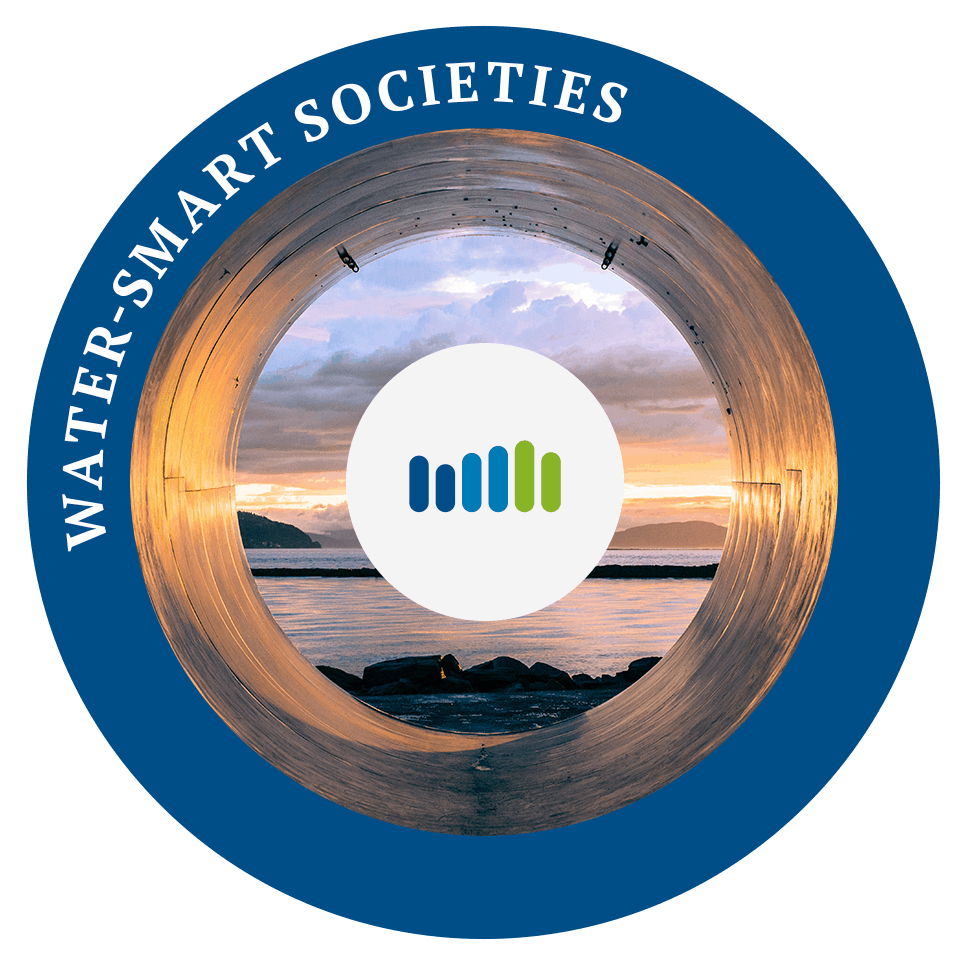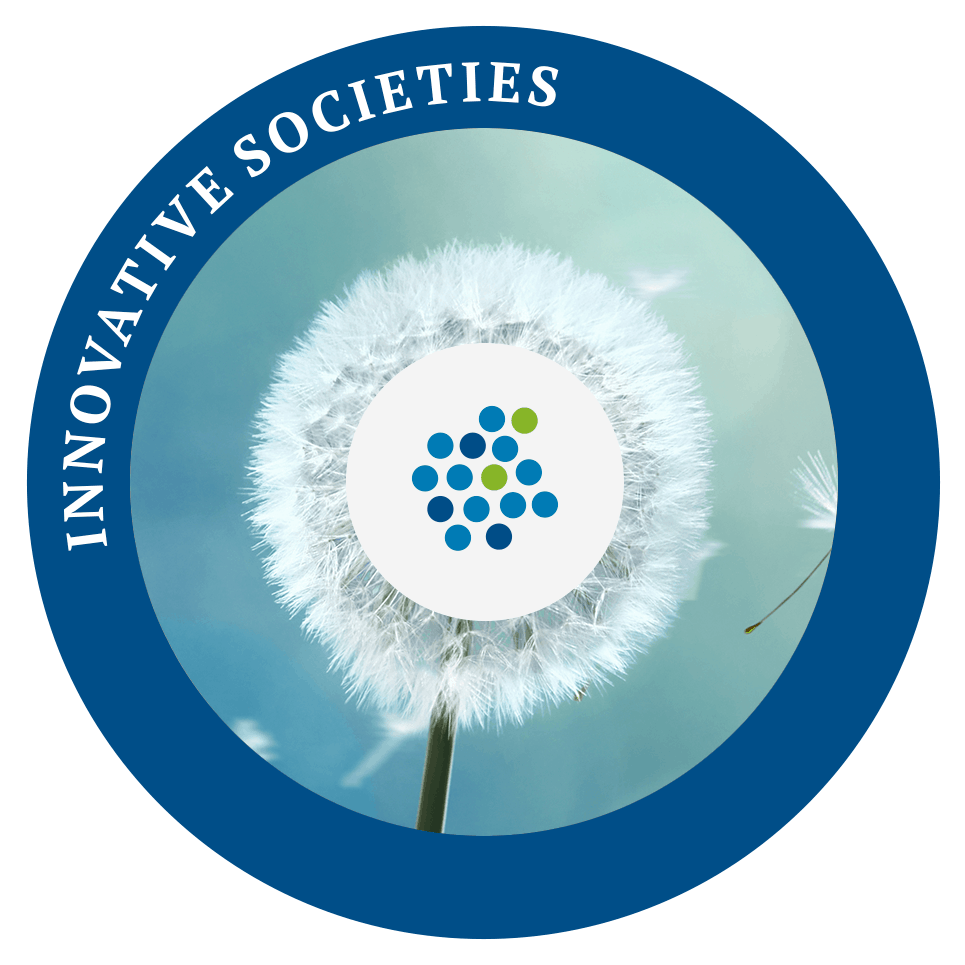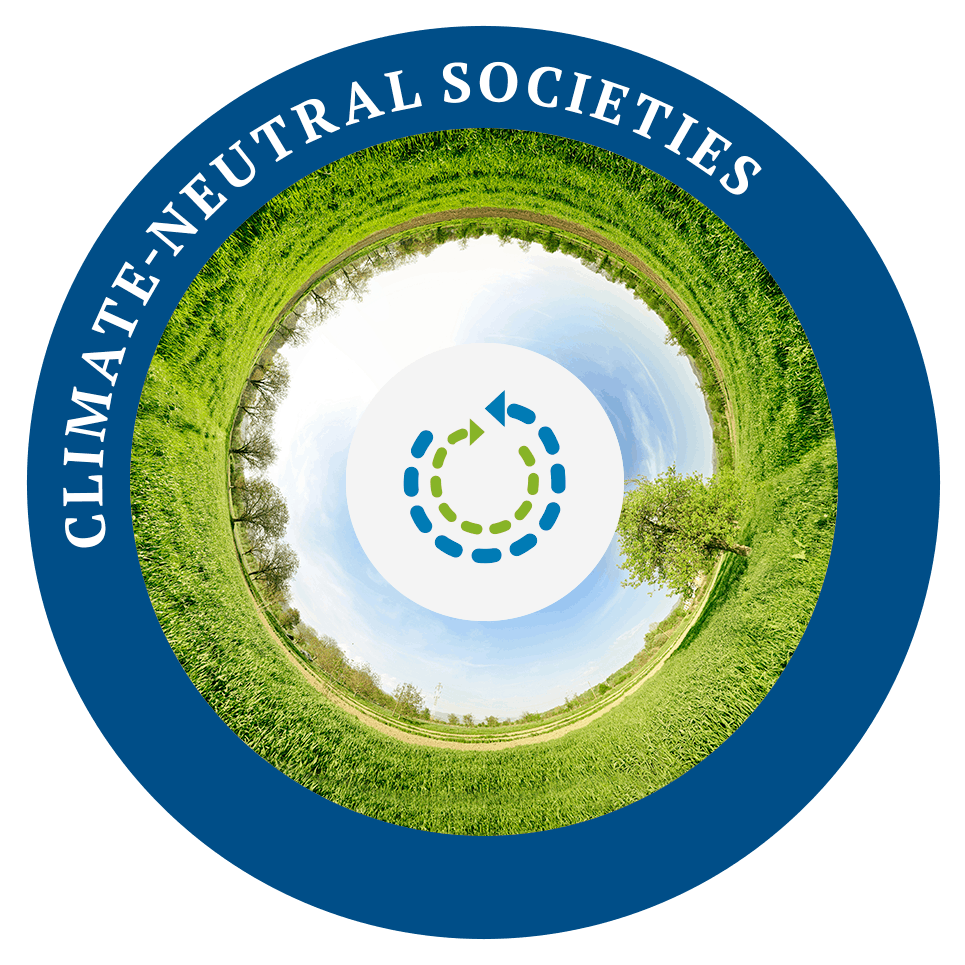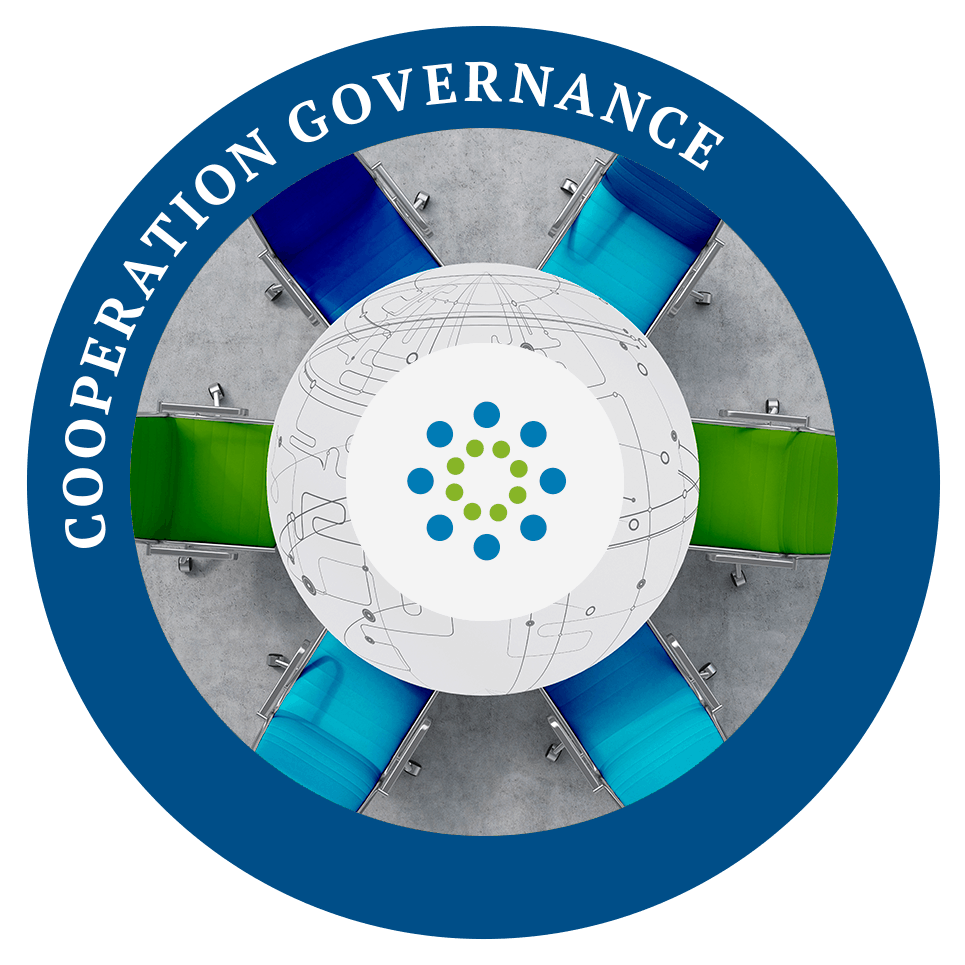priority 2: Water-smart Societies
Objective 2.2
Blue economy
The Programme supports actions on sustainable use of fresh and sea waters as well as marine resources in innovative business development in the whole region in emerging and established sectors. These include aquaculture, blue biotechnology, shipping, fishery, and coastal and maritime tourism.
What is blue economy?
The Baltic Sea region has plentiful water resources and know-how for advancing a blue economy as well as environmental concerns for healthy ecosystems in the sea and inland water bodies.
Sustainable use of fresh & sea water
The Programme supports actions on sustainable use of fresh and sea waters as well as marine resources in innovative business development in the whole region in emerging and established sectors. These include aquaculture, blue biotechnology, shipping, fishery, and coastal and maritime tourism.
Joint use of water without conflicts
As different sectors may use the same resources, actions should help mitigate potential conflicts among users of the sea space and facilitate its joint use. Moreover, the Programme encourages actions for blue businesses that strengthen their resilience to and mitigate their impact on climate change.
What can I do in my project?
We believe our projects help implement several important strategies in our region, and, in particular, the EU Strategy for the Baltic Sea Region and its policy areas Innovation, Bioeconomy, Nutri, Ship, Safe, Secure, Transport, Spatial Planning, Tourism and Culture.
Develop value chains
Create new business opportunities by developing value chains for sustainable fresh water and marine-based products and services in line with smart specialisation strategies and marketing them;
Address climate change
Integrate climate change mitigation measures in blue economy development plans;
Improve management of sea and inland water traffic
Improve management of sea and inland water traffic and introduce solutions for remote navigational support, automation on ships and in ports, including digital solutions for certification and professional training for seafarers;
Test business models
Test business models for ecosystem services provided by blue businesses.
Faciliate joint use of water and land
Develop governance, communication and cooperation models among public authorities and industry to mitigate conflicts and promote the joint use of the sea and land space, through maritime spatial planning and land-sea interaction;
Promote clean shipping
Introduce common environmental standards and clean, digital, eco-efficient solutions on ships and in ports to reduce emissions, process and recycle waste and wastewater, prevent species from entering water bodies;
Diversify blue economy
Diversify coastal, maritime and inland water tourism products and connecting them to other sectors e.g. food, health, to combat seasonality;
Get inspired by the ongoing projects
Sign up now
Newsletter subscription
Four priorities & nine objectives
Four priorities for cooperation
Interreg Baltic Sea Region 2021-2027 creates opportunities for organisations to connect
as if there were no borders. With experience and EU funding, we help them cooperate and put their ideas into practice.
Jointly, we make the life of people around the Baltic Sea better.
The Programme is structured along with four priorities. They guide partners in achieving the most when cooperating across borders.
Priority 1
Innovative societies
1.1 Resilient economies and communities
1.2 Responsive public services
Priority 3
Climate-neutral societies
3.1 Circular economy
3.2 Energy transition
3.3 Smart green mobility
Overview: all the Programme objectives
Resilient economies and communities
Objective 1.1
under Priority 1: Innovative societies
Sustainable waters
Objective 2.1
under Priority 2: Water-smart societies
Circular economy
Objective 3.1
under Priority 3: Climate-neutral societies
Project platforms
Objective 4.1
under Priority 4: Cooperation governance
Responsive public service
Objective 1.2
under Priority 1: Innovative societies
Blue economy
Objective 2.2
under Priority 2: Water-smart societies
Energy transition
Objective 3.2
under Priority 3: Climate-neutral societies
Macro-regional governance
Objective 4.2
under Priority 4: Cooperation governance
Resilient economies and communities
Objective 1.1
under Priority 1: Innovative societies
Responsive public service
Objective 1.2
under Priority 1: Innovative societies
Sustainable waters
Objective 2.1
under Priority 2: Water-smart societies
Blue economy
Objective 2.2
under Priority 2: Water-smart societies
Climate-neutral societies
Objective 3.1
under Priority 3: Climate-neutral societies
Energy transition
Objective 3.2
under Priority 3: Climate-neutral societies
Smart green mobility
Objective 3.3
under Priority 3: Climate-neutral societies
Project platforms
Objective 4.1
under Priority 4: Cooperation governance
Macro-regional governance
Objective 4.2
under Priority 4: Cooperation governance
News
Food packaging in retail: how to reduce single-use packaging?
Do we really need all this packaging? Stores are full of all kinds of single-use packaging, from plastic to metal and cardboard. But is it really necessary...
(No title)
No One at 0%, No One at 100%: The Spider Web Model for Everyday Sustainability
We’ve created an easy-to-use tool designed to help you live more sustainably. The Spider Web Model is here to make circular living accessible for everyone, no...
PA Energy Online Workshop for Project Developers
PA Energy Online Workshop for Project Developers: “Partner Matchmaking & Idea Generation for Cooperation in relation to energy issues” (Online)...
Grand results of the first round of small projects!
Despite the winter scenery, the results of 17 finalised Interreg Baltic Sea Region projects are in full bloom! And behind them lie two years of intensive work across borders, mutual learning and inspiration, and connections that last.
Climate-neutral future at hand for Baltic Sea region cities
Turning a city into a climate-neutral one requires knowledgeable people, thorough planning and solid financial resources. But how can cities manage this transition smoothly? The Interreg project Climate-4-Case guides cities around the Baltic Sea on how to do that right.
Designing Interreg Baltic Sea Region that belongs to everyone
10 December 2025 Designing Interreg Baltic Sea Region that belongs to everyone Written by Eeva...









